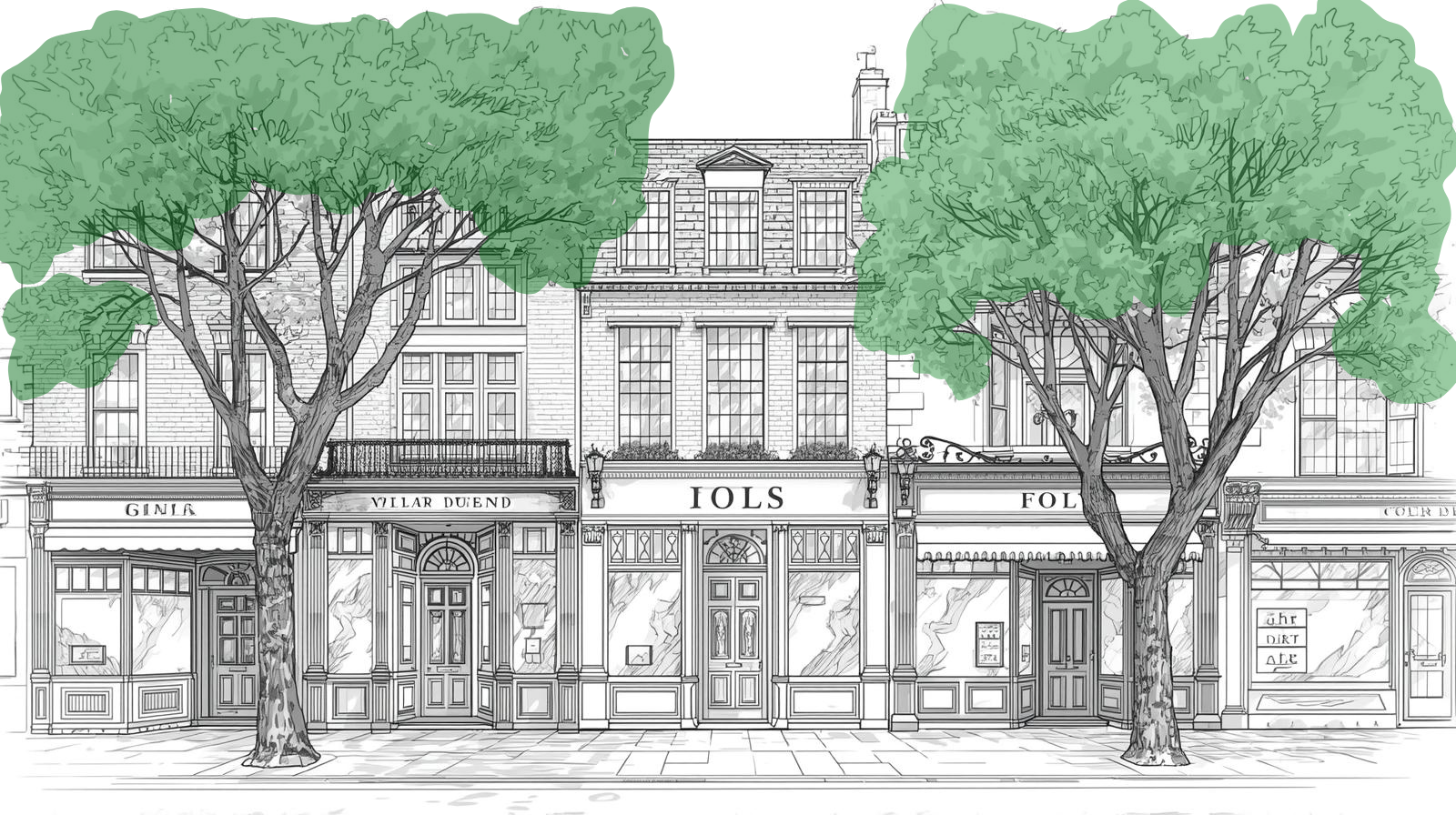Dilapidations
Raising the standard of Building Surveying and proud of what we do! Contact : Consult : Create

Dilapidations
(Schedule of Condition)
If you are either a commercial tenant or landlord, and you are entering into, or are currently leasing or renting, and a lease (or other contractually binding agreement) that expressly states ‘full repair’ obligations or a full repairing lease [obligations], then one should have a survey carried to safeguard Parties’ interests as to the condition of the premises (premises includes the property and the land on which its sits).
Quite simply, the dilapidations process is to ensure a premises is put or kept in a condition which is in accordance with the lease obligations.
Types of Dilapidations Surveys
The four types of surveys and schedules we offer are :
Pre-acquisition – A schedule of condition to identify the condition and the state of (dis)repair to the premises prior to, or nearing completion of any legal commitment between the Parties. This schedule is typically appended to the legal documents and may be referred to at any interim dilapidations (poor upkeep of the premises) or terminal / final schedule of dilapidations.
Interim schedule [of dilapidations] – A schedule of condition generally requested by the landlord (or landlord’s agent) to ascertain the condition of the premises during the term of the lease. The schedule may be used to remind the tenant of their obligations which may also be a pre-cursor to ‘protect’ the tenant and potentially limit higher repair costs later.
Terminal schedule [of dilapidations] – A schedule of condition that is actually issued towards the end of a lease and is often detailed identifying changes to the premises during the tenancy (notwithstanding any licence to alter) and items of disrepair that need to be fixed by the end of the tenancy.
Final schedule [of dilapidations] – A schedule of condition that is issued upon the termination of a lease whereby all outstanding alterations and repairs, with due consideration to a licence to alter, are detailed. This may include budget costs for repairs and loss of rent. This part of the process can also form the basis of negotiation between the Parties’ consultants.
